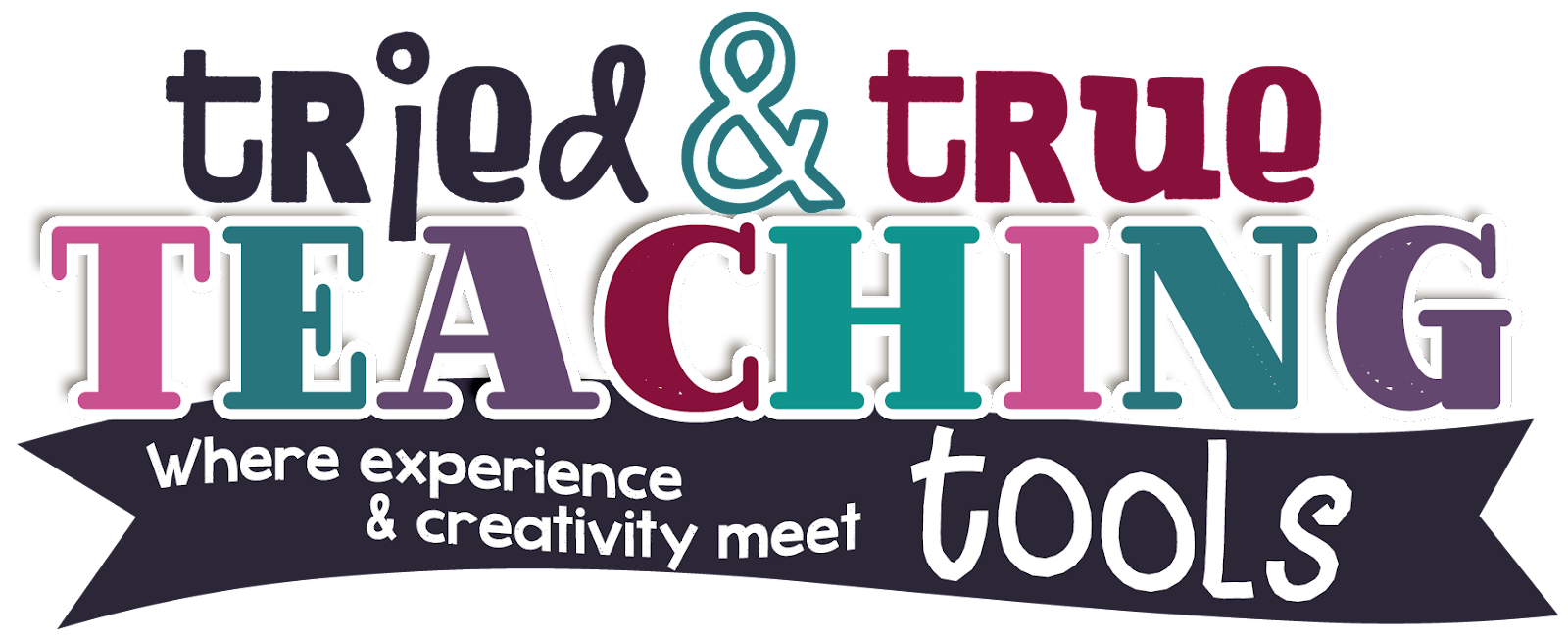What exactly is Digital Citizenship? I had to look this up; there are so many buzz words flying around out there, as well as new social media that keeps popping up! I've heard of digital natives, tech-savvy, but what exactly is digital citizenship and how does it affect my teaching?
Since our students are immersed in screens, the internet, and social media, as teachers we are charting new territory. With the rise of cyberbullying and other predators out there, we need to help our students become safe and responsible users. There are 6 main "Do's" to Digital Citizenship, according to Common Sense Media (be sure to check out this website; they are a fantastic resource, including safety and appropriateness guides to movies, TV, books, apps and games):
2. Do respect yourself and others: Be courteous. Disagree politely. Remember to give credit where credit is due. And, although it's easy to copy others' work, download things without permission, or use game cheat codes, don't do it. (This is a HUGE Do!! Cutting & pasting information is very easy, but it's not right!)
3. Do stay safe online: A good rule of thumb: If they wouldn't do something in real life, they shouldn't do it online. Tell your kids that people aren't always who they say they are online. Explain that if someone they don't know talks to them, they shouldn't respond and should let you know. Kids are impressionable, and marketing takes advantage of sophisticated devices -- demographic data, psychology, developmental characteristics, and behavior traits -- to determine the most effective ways to influence them. Media education -- teaching kids to think critically about advertising -- can help them see through persuasive techniques.
4. Do stand up to cyberbullying: If someone you know is being targeted by a bully, stand up for that person. You would want him or her to do the same for you.
5. Do think before you post: Consider how you and others might feel after you've posted something. It's not always easy to take back what you've said online, and your online behavior can create a lasting footprint. Use the right language for your audience. You might write or speak to a teacher differently from a friend. (This is another big Do! Teach your class about audience and that it is NOT okay to use texting abbreviations when writing a school essay!)
Shannon at Technology Rocks. Seriously has created some FREE posters and great bookmarks!! She always has excellent, helpful ideas!
6. Do balance your time: Doesn't this "Do" hit home? I know I am easily sucked into HOURS passing by on my phone or computer!! Consider creating a schedule for screen time. Spend time outdoors! The American Academy of Pediatrics (AAP) -- one of the only established organizations to make recommendations on screen time -- discourages screen time for kids under 2 and advises limiting daily screen time to one to two hours for older kids. Studies have shown a link between heavy media use and issues such as obesity, lack of sleep, academic challenges, aggression, and other behavior difficulties. The reality is that most families will go through periods of heavy and light media use, but, so long as there's a balance, kids should be just fine.
How do you teach your students internet safety and responsibility? Please share your ideas!
There are a plethora of websites and resources on Digital Citizenship (thank goodness!!). Here are few that I found helpful; all were filled with information and written in a teacher-friendly format.
- Digital Citizenship: Nine Themes of Digital Citizenship
- Common Sense Education: Digital Literacy & Citizenship Classroom Curriculum
- Digital Passport: online games & videos to earn badges on digital safety, respect, and community
- Edutopia: Digital Citizenship Resource Roundup
How do you teach your students internet safety and responsibility? Please share your ideas!





Great Post. I really like what you said about balancing your time. I'm terrible about this because I'm a bit of a work-a-holic and once I start focusing on something, I can't stop!
ReplyDeleteThanks! I know...always struggling for that time balance! No wonder it's so hard for our students, too
DeleteI just love your tree, so creative. I agree with so many things you've written here, esp the tip about Balancing Your Time. I really have to get better at this one. I had no idea that there is a digital citizenship week in October. Thanks for sharing this great post.
ReplyDeleteThanks, Deann! I learned so much when we I heard about the topic & started researching ! I'm excited to implement these 6 Do's!!
DeleteThese are fabulous tips and so very important to incorporate in any classroom now as we work with our digital natives. Thanks for sharing!
ReplyDeleteAlison
Rockin' and Lovin' Learnin'
There's so much new information for us as teachers to learn!! Thanks for stopping by, Alison!
DeleteI love the tips, and the bookmarks are awesome! Our science teacher did Common Sense media with the entire sixth grade this year. She said she highly recommends the curriculum. Nice work!
ReplyDeleteI'm so glad to hear the positive report about Common Sense media; I just passed along to our computer lab teacher, too!
DeleteA great list Kathie. I love Common Sense Media! The curriculum they have is wonderful -- and can be used by any teacher. An amazing resource.
ReplyDeleteThanks, Mary! I was so excited to discover Common Sense also! The more I was researching digital citizenship, the more I realized how much is out there (that I wasn't accessing)!!
Delete